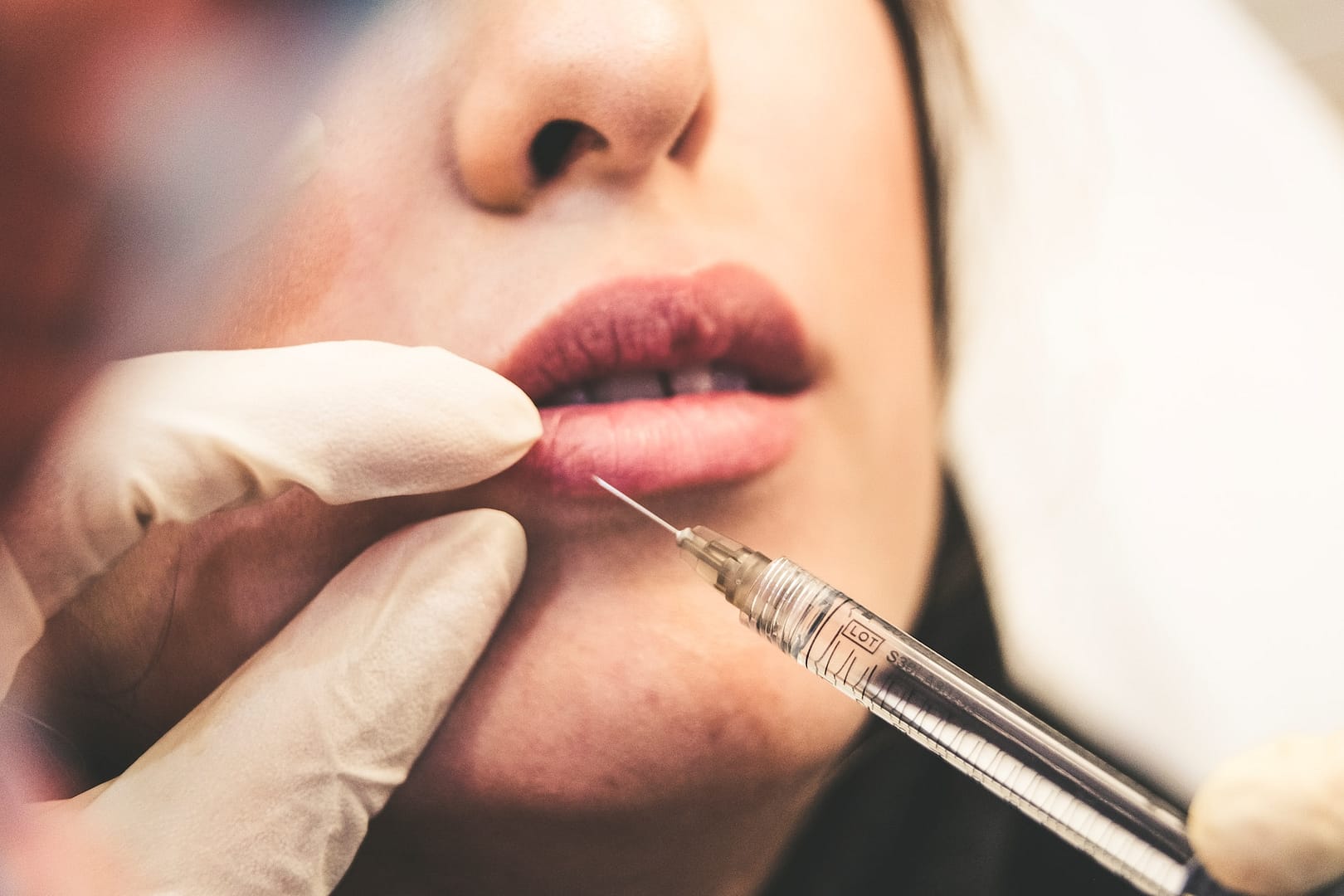Cosmetic surgery has become increasingly popular over the years, with people seeking to enhance their physical appearance in pursuit of beauty. While many patients achieve the desired results and a boost in self-confidence, others find themselves victims of clinical negligence in the world of cosmetic surgery. In this article, we will delve into the realm of clinical negligence in cosmetic surgery, exploring the various types of negligence and what constitutes it.
The Quest for Beauty
In today’s image-conscious society, the desire to look and feel attractive is more prevalent than ever. Cosmetic surgery offers a pathway to fulfil these desires. Whether it’s a subtle adjustment or a significant transformation, individuals undergo various procedures such as breast augmentation, liposuction, facelifts, and rhinoplasty, among others, with the hope of achieving their ideal aesthetic.
However, like any medical procedure, cosmetic surgery carries inherent risks. When these risks materialise due to the negligence of medical professionals, patients can experience physical, emotional, and financial hardships. To understand clinical negligence in cosmetic surgery, we must first explore the different types of negligence that patients may encounter.
Types of Clinical Negligence in Cosmetic Surgery
Surgical Errors
Surgical errors are perhaps the most glaring form of clinical negligence in cosmetic surgery. These errors encompass a wide range of mistakes made during surgical procedures, such as:
Incompetent Surgeons: When a surgeon lacks the necessary skills or experience to perform a specific procedure, it can lead to devastating results.
Anaesthesia Errors: Administering anaesthesia is a critical aspect of cosmetic surgery. Errors in dosage or monitoring can result in serious complications or even death.
Infection Control: Failure to maintain a sterile environment during surgery can lead to postoperative infections, causing pain and scarring.
Miscommunication and Informed Consent
Effective communication between the patient and the surgeon is essential in cosmetic surgery. Miscommunication can lead to misunderstandings about the desired outcome, leaving the patient unsatisfied or even traumatised. It may involve:
Misleading Information: Surgeons who provide misleading information about the expected results or downplay potential risks can be held responsible for clinical negligence.
Inadequate Informed Consent: Patients have the right to be fully informed about the risks and benefits of a procedure. Failing to obtain proper informed consent can result in clinical negligence claims.
Postoperative Care
The care patients receive after a cosmetic surgery procedure is crucial for their recovery and well-being. Negligence in postoperative care can include:
Inadequate Monitoring: Failing to monitor patients after surgery can lead to complications that go unnoticed until they become severe.
Delayed Response: When medical professionals do not respond promptly to complications or postoperative issues, it can result in further harm to the patient.
Substandard Outcomes
Cosmetic surgery, like any medical procedure, does not always yield perfect results. However, clinical negligence may occur when the outcomes are substandard due to errors or incompetence. This can include:
Asymmetry: In cases of breast augmentation or facial surgeries, if one side appears noticeably different from the other, it can be considered clinical negligence.
Excessive Scarring: Surgeons must take care to minimise scarring. Excessive or unsightly scarring can be indicative of negligence.
Permanent Disfigurement: When a cosmetic procedure leads to permanent disfigurement or deformity, it may constitute clinical negligence.
What Constitutes Clinical Negligence?
Understanding what constitutes clinical negligence in cosmetic surgery is essential for both patients and medical professionals. In the United Kingdom, where a robust healthcare system exists, clinical negligence is generally defined as a breach of the duty of care owed to a patient, resulting in harm. To establish clinical negligence, the following elements must be present:
Duty of Care
The first element of clinical negligence is establishing that a duty of care existed between the patient and the healthcare professional. In the context of cosmetic surgery, this duty is implicit when a patient seeks the services of a surgeon.
Breach of Duty
To prove clinical negligence, it must be demonstrated that the healthcare professional breached their duty of care. This breach can manifest in various forms, including surgical errors, miscommunication, or substandard outcomes.
Causation
Establishing a direct link between the breach of duty and the harm suffered by the patient is crucial. The patient must demonstrate that the negligence directly caused their injuries or suffering.
Harm
Lastly, clinical negligence claims require evidence of harm. This harm can be physical, emotional, or financial. Physical harm may include pain, scarring, or disfigurement, while emotional harm can encompass psychological distress and loss of confidence.
Making a Clinical Negligence Claim with National Claims
At National Claims, we understand the emotional and physical toll that clinical negligence in cosmetic surgery can take on patients. Our experienced team of solicitors is dedicated to helping victims of clinical negligence seek justice and compensation. Here’s how we can assist you in making a clinical negligence claim whilst guiding you through the claims process:
Initial Consultation
Contact National Claims for a free initial consultation. During this consultation, we will listen to your case and assess its merits. Our solicitors will provide honest and straightforward advice about the potential success of your claim.
Gathering Evidence
Our team will work closely with you to gather all necessary evidence, including medical records, photographs, and expert opinions. We understand the importance of building a strong case to support your claim.
Expert Assessment
We have access to a network of experienced medical experts who can assess your case and provide professional opinions. Their expertise is invaluable in establishing the standard of care and any deviations that may have occurred.

Conclusion
Cosmetic surgery has the power to enhance individuals’ lives by boosting self-esteem and confidence. However, clinical negligence in cosmetic surgery can lead to devastating physical, emotional, and financial consequences. Understanding the types of negligence and what constitutes it is crucial for patients seeking these procedures. Additionally, recognising the legal aspects and the steps to take in case of clinical negligence is vital for seeking justice.
Ultimately, the pursuit of beauty should not come at the cost of health and well-being. Both patients and medical professionals must work together to ensure that cosmetic surgery is conducted safely and responsibly, minimising the risk of clinical negligence and its dire consequences. If you believe you have been a victim of clinical negligence in cosmetic surgery, National Claims is here to support you in seeking the justice and compensation you deserve.
Contact us now to get a start on your claim for your clinical negligence.
Click below to see why we are one of the most trusted claims management companies in the UK.

We’re proud of our excellent customer reviews
We thrive on delivering exceptional service and ensuring our clients’ satisfaction. Don’t just take our word for it. Check out some of our independent reviews to see what our clients have to say.
Excellent

This firm is excellent, they sorted out my car pay out and injury claim very fast, they always communicate with you all the time.

My accident case was dealt with confidence and with great result of the outcome, especially James kept me informed all the time.

I was very impressed at the way my inquiry was treated. I was listened to attentively and everything I needed to know was explained to me.






